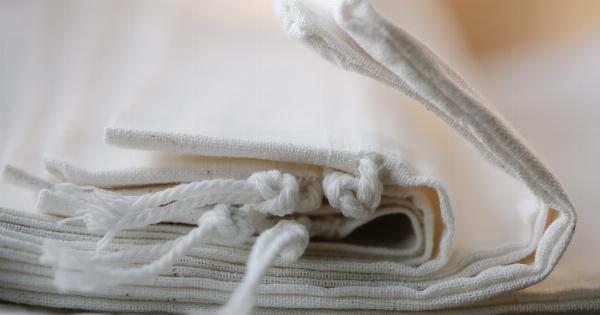A recent study has shed light on a potential link between statin use and muscle aches. Statins are a class of drugs widely prescribed to lower cholesterol levels and reduce the risk of cardiovascular events.
While these medications have proven to be effective in managing cholesterol, some users experience muscle pain and discomfort as a side effect.
The Study Methodology
The study, conducted by a team of researchers from various medical institutions, aimed to investigate the relationship between statin use and muscle aches.
The researchers enrolled a large group of individuals who were prescribed statins and analyzed their experiences with muscle pain. The study spanned several months, and participants were required to report any muscle-related symptoms they experienced during the duration of the research.
The Findings
The study findings were significant. The researchers discovered that a considerable percentage of participants experienced muscle aches as a side effect of statin use.
These muscle aches were often described as mild to moderate, but they were enough to impact the participants’ quality of life. Some individuals reported having to limit their physical activities due to the discomfort caused by the muscle pain.
The study also revealed that certain factors could increase the likelihood of experiencing muscle aches while on statins. These factors included age, gender, and the specific statin being used.
Older individuals and females were found to be more susceptible to muscle aches, while certain statins were associated with a higher incidence of this side effect compared to others.
The Mechanism
Although the exact mechanism behind statin-induced muscle aches is not yet fully understood, researchers have proposed several theories.
One possible explanation is that statins affect the production of a vital molecule called coenzyme Q10 (CoQ10) in the body. CoQ10 plays a crucial role in muscle cell metabolism, and a decrease in its levels may lead to muscle dysfunction and subsequent pain.
Another theory suggests that statins may cause mild inflammation and damage to muscle tissue, resulting in muscle aches.
It is believed that certain individuals may have a predisposition to experiencing this side effect due to their genetic makeup or underlying health conditions.
Managing the Side Effect
If you are taking statins and experiencing muscle aches, it is important to discuss your symptoms with your healthcare provider.
They may recommend modifying your statin dosage, switching to a different statin, or trying alternative cholesterol-lowering medications. Additionally, your healthcare provider may suggest lifestyle modifications, such as regular exercise or the use of over-the-counter pain relievers, to help manage the muscle aches.
It is crucial to remember that statins are highly effective in reducing cholesterol levels and preventing cardiovascular events.
The decision to continue or discontinue statin therapy should be made in consultation with your healthcare provider, considering the overall benefits and potential risks.
Conclusion
The recent study examining the link between statins and muscle aches suggests that this side effect is not uncommon.
While statin therapy is generally well-tolerated, it is essential to be aware of the potential for muscle pain and to discuss any symptoms with your healthcare provider. By closely monitoring your symptoms and working with your healthcare provider, you can find a treatment plan that effectively manages your cholesterol levels while minimizing the impact of muscle aches.





























